Teams, tales and tips – a guide to the local game
Enschede is the unlikely home of the fourth most successful Dutch club of all time – FC Twente sit behind the Big Three of Ajax, PSV and Feyenoord. Only one of two teams since 1965 to have broken Holland’s three-party domination, FC Twente have twice overcome near financial collapse. Moreover, ‘De Tukker’ were only formed in that very year of 1965, thus giving everyone else a decade-long head start in the all-time league table.
Smack by the German border, speaking its own Saxon-like dialect, the capital of the region of Twente is best known as being the producer of Grolsch beer, named sponsors of the modern-day football ground whose fortress-like character helped the home club to win that Dutch title in 2010.
A former textile hub that fell on hard times, Enschede now makes much its money from agriculture – you’ll recognise the farmyard smells as you approach De Grolsch Veste stadium by the Business & Science Park north-west of town.

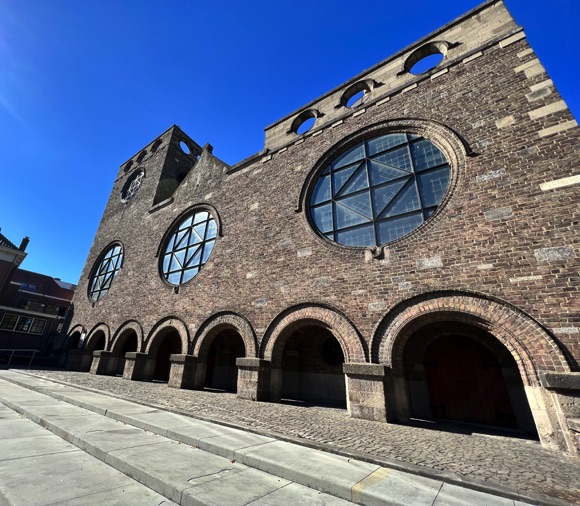

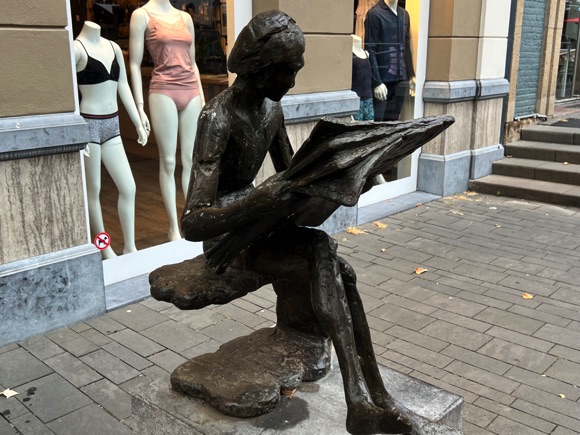
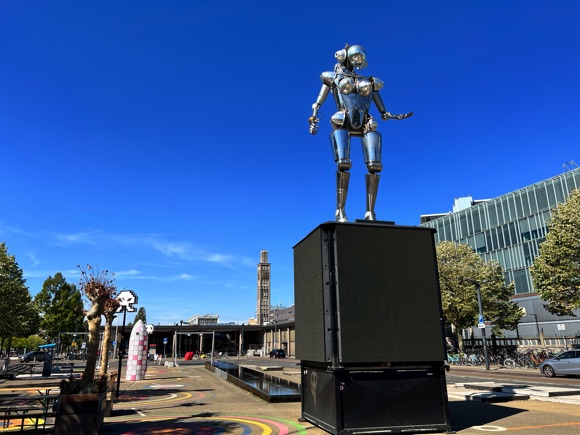
Traditionally, though, its three main football clubs, fierce rivals, had close links to the clothing trade. All exist today as amateur teams – two reluctantly merged in 1965 to create FC Twente.
Both former regional champions of East Netherlands, Sportclub (SC) Enschede and Enschedese Boys represented factory management and workers respectively. A third club, Rigtersbleek, was also formed by employees at the cloth works.
The enmity between them was strong. In the early 1950s, the municipality, encouraged by the Dutch Olympic Committee who were building sports complexes around impoverished Holland in the immediate post-war period, insisted that the three merge to form a new, single home club for the proposed Sportpark Het Diekman. All three refused.




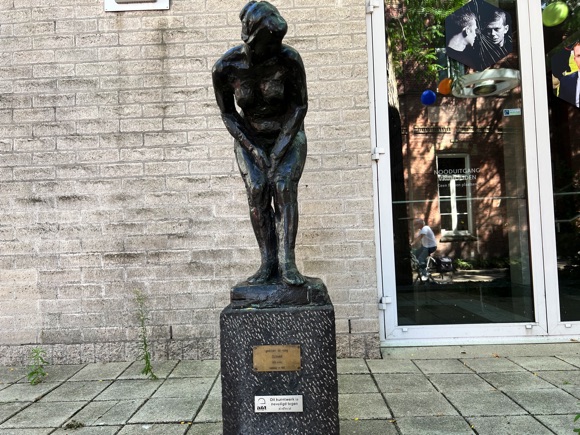
In the end, it was the strongest of them, SC Enschede, who took on German neighbours Preußen Münster for the stadium curtain-raiser in 1956. It proved the right choice – two years later, Sportclub came within a play-off of the newly professional Dutch title, losing to a single goal in 90 minutes of extra-time to DOS of Utrecht.
SC already had one pre-war title to their name, having won the play-off round for regional champions in 1926. Formed, like Rigtersbleek, in 1910, Sportclub were an amalgamation of Hercules and Phenix, created a decade earlier. Sworn enemies of Enschedese Boys – an SC fan would never wear green, a Boys supporter not seen in black – Sportclub were based at the Gerrit Jan van Heekpark, opened by a prominent namesake textile magnate.
Just the other side of the railway tracks, his brother Hendrik founded the Volkspark, where Enschedese Boys played. Formed in 1906 as Lotisco and renamed in 1910, De Boys had their hour of glory in 1950 when, as Eerste Klasse Oost champions, they made the national play-offs. More than 25,000 gathered for the visit of Ajax, the Enschede club outclassed.


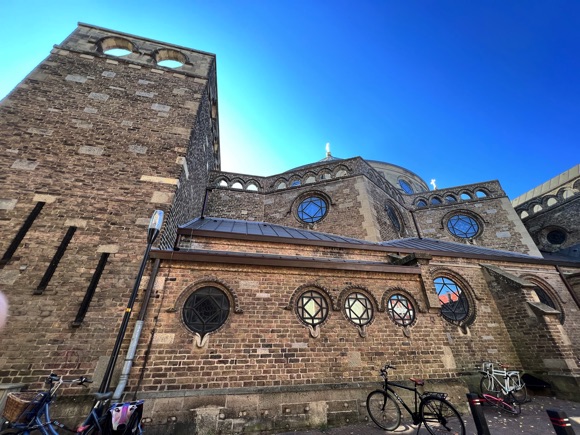
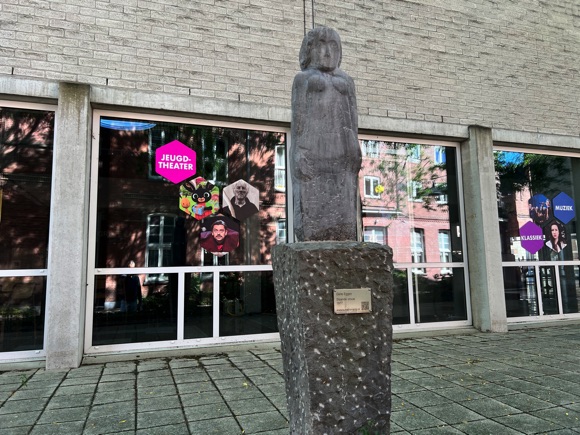

When overlooked for the prestigious move to the newly built Het Diekman, De Boys meekly shuffled over to the pitch at SC’s former van Heekpark home. In 1960, the Greens even agreed to the transfer of the great Abe Lenstra, then 40 years old (!), from their now prominent local rivals.
The fee of 42,000 guilders was nearly four times the amount Sportclub had paid Lenstra’s home-town club of Heerenveen in 1954. Two years later, the striker (‘Our Abe’) provided the two Holland goals that sunk then world champions West Germany and made him a Dutch legend.
Naturally, Lenstra had been instrumental in SC’s title challenge of 1958. He retired in 1963, his long spell in the national side with Faas Wilkes and Kees Rijvers almost as revered as those of Cruyff and Neeskens, Gullit and van Basten. Later, as coach, Rijvers would be instrumental in making the newly formed FC Twente a major domestic force.



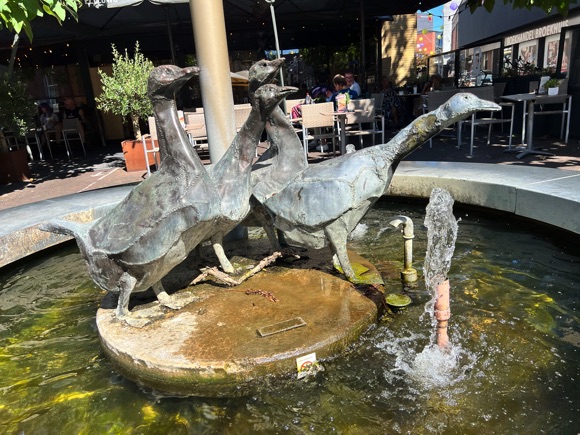

Post-1956, the early days of the professional era were a mixed blessing. Rigtersbleek sold their key player, three-time international Wim Bleijenberg, to Ajax. That same season he was top scorer when the Amsterdam side won the inaugural Eredivisie crown.
Rigtersbleek soon returned to amateur status. Unable to compete either, Sportclub and De Boys, too, realised the game was up and threw in their lot with FC Twente in 1965.
Sportclub still play at Het Diekman on Weggelhorstweg south of town, Twente having moved out to De Grolsch Veste in 1998. De Boys played just the other side of the A/N35 motorway from Het Diekman at the Sportpark Wesselerbrink Zuid but folded in 2017. Rigtersbleek are close to van Heekpark, on van Heekstraat.
Getting Around
Arriving in town, local transport and timings
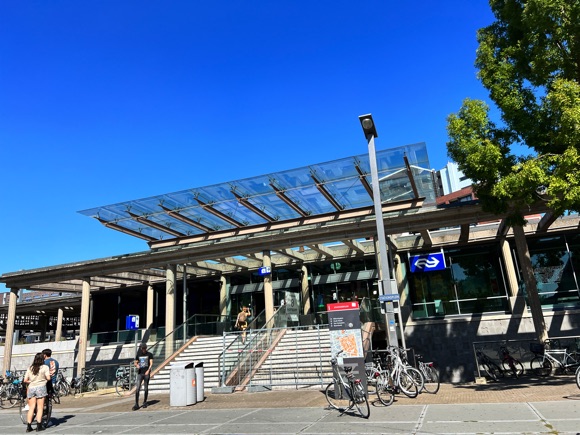

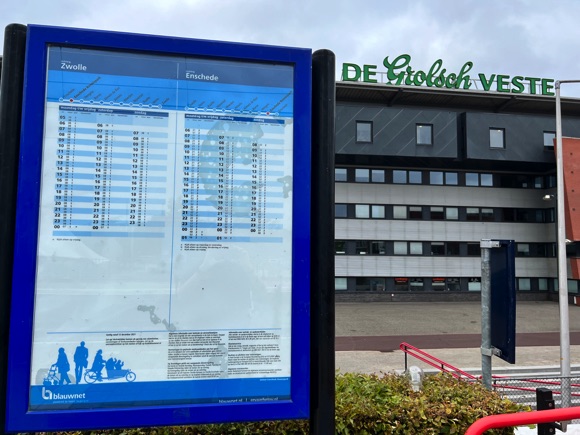
Enschede is at the eastern terminus of the Dutch rail system, NS. Any train journey to Enschede (€25) from Amsterdam’s Schiphol Airport involves at least two changes, usually at Amersfoort and Deventer, overall journey time nearly three hours. Trains and local transport run on the Dutch OV-chipkaart (initial outlay €7.50) system – top up as you go.
Note that some trains stop at Enschede Kennispark, formerly known as Enschede Drienerlo, one stop before Enschede Centraal and right next to the FC Twente stadium.
As the crow flies, the nearest airport is under-served Münster-Osnabrück, 66km (41 miles) away. An hourly train to Enschede (€20) from Münster main station takes 1hr 15min. Busier Dortmund Airport is handier from the UK, regular trains from Dortmund main station to Enschede (€23) taking 2hrs.
Enschede Centraal is a short walk from the pedestrianised town centre, in the other direction to the stadium. Local Twents buses also run on the chipkaart smart-ticket system.
DiTaxi (+31 53 461 5060) are based near the stadium, with a stand at Enschede Centraal.
Where to Drink
The best pubs and bars for football fans



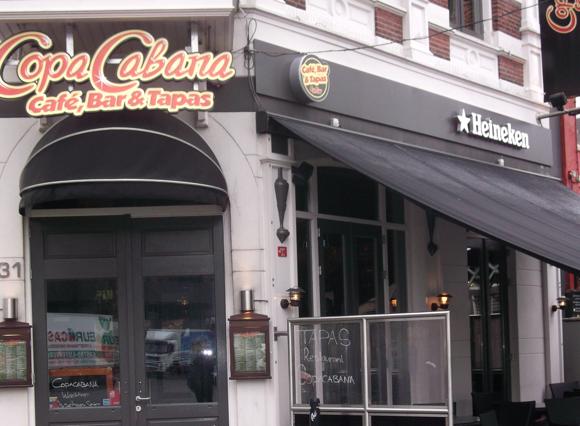


Terrace bars line each side of the main square, Oude Markt. Grolsch, naturally, is the beer of choice.
Prime football spot Molly Malone is the place to come for match watching, a HD screen set up outside. Belgian and German beers get a look-in amid the Murphy’s, Kilkenny and Guinness. More pub shenanigans are provided by Paddy’s next door, a party den created from a teetotal hotel in the 1990s. Bizarrely, tapas are the culinary mainstay.
De Kater is mobbed for big football nights, though by day it’s more brasserie than bar. Just across the square by the church, the Latin-tinged Copa Cabana is, again, more food-focused than booze-fuelled but can turn a trick or two after dark.
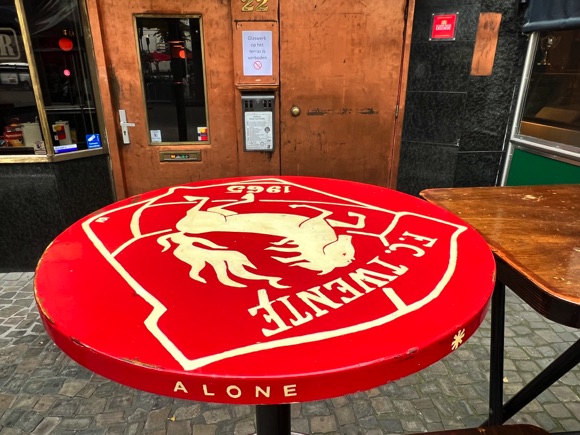

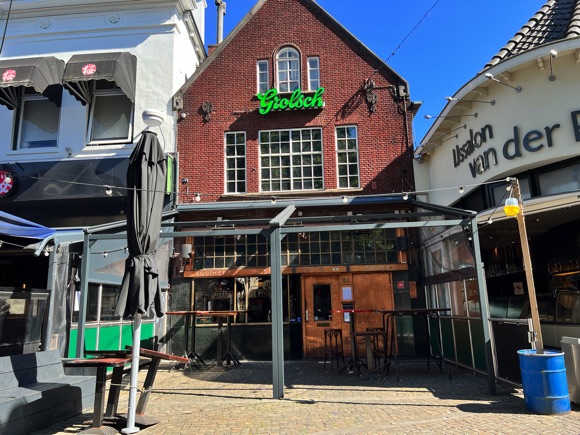
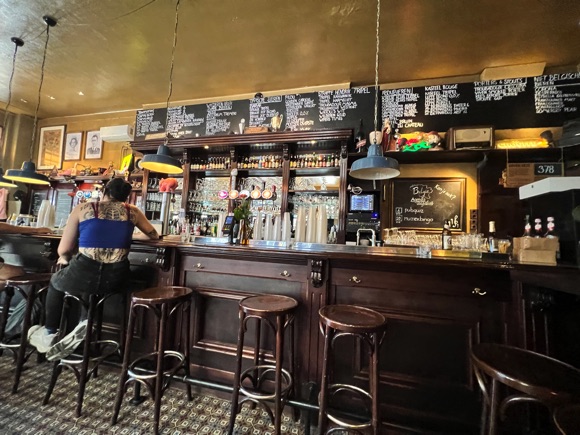
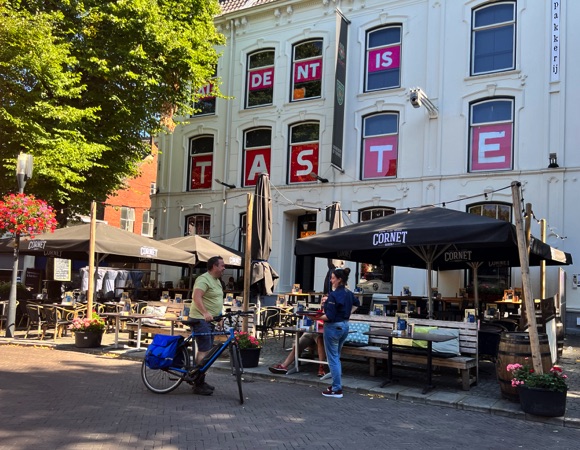

In business for nearly 40 years, De Belaard is a slightly classier pub-like venue, with whisky tastings and 20 beers on tap.
Close by, Café de Pimpelaar is an FC Twente haunt that screens away games. If you’re up for that, this should probably be your pub of choice, with framed shirts mounted in a wooden interior, boozy regulars and plenty of outdoor seating. Note the Twente-branded tabletops.
Alongside, Proeflokaal België is also in thrall to the round-ball game, Trappist and fruit varieties among the 100 beers on offer.


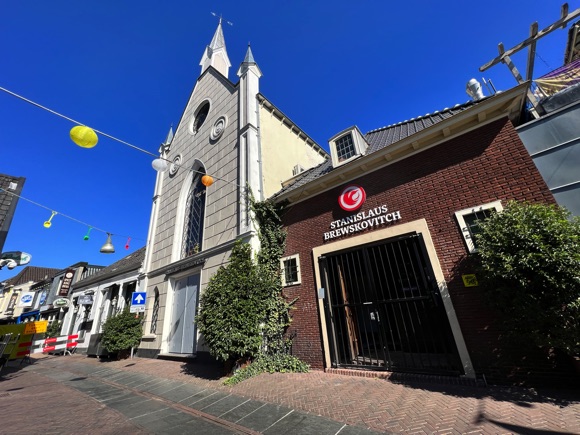
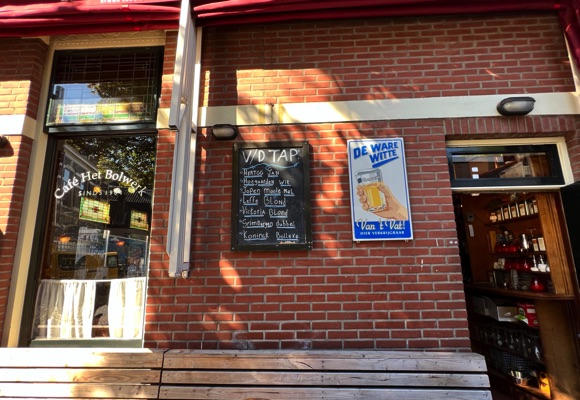
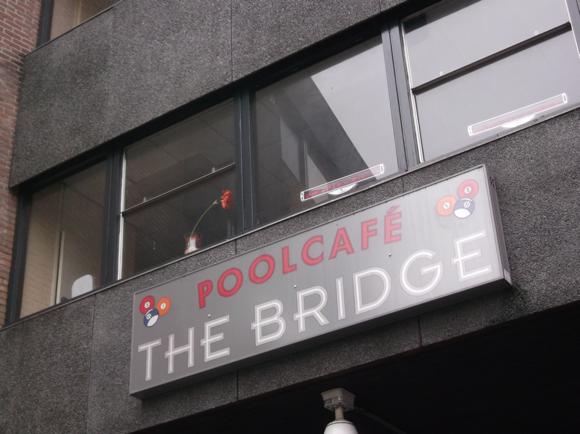

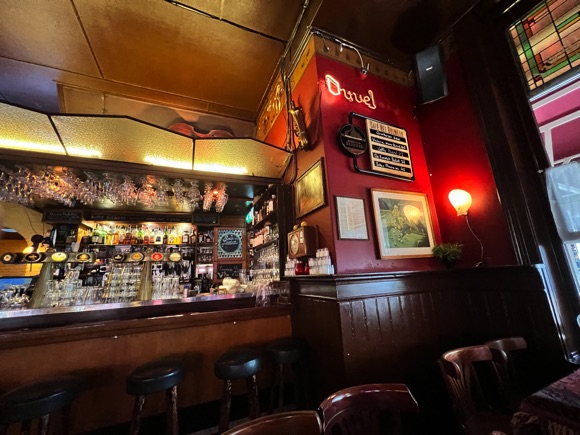


Nearby, The Bridge, a two-floor pool café, offers big-screen sport and free tables until 7pm. Customers can plot up at the bar to watch the game without having to use the tables or the dartboards.
Just behind, landmark café Het Bolwerk has been in business since 1904 and, moving with the times, provides regular DJ and live sounds.
There’s more music at excellent brewpub Stanislaus Brewskovitch on Stadsgravenstraat, next door to Big Belly’s Tavern, the food-oriented sibling of Molly Malone.
Where to stay
The best hotels for the stadium and city centre


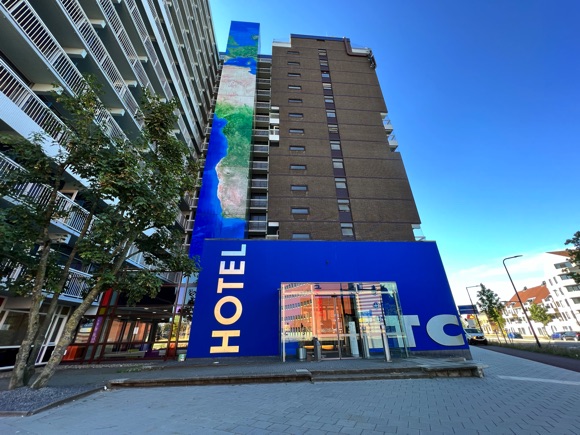
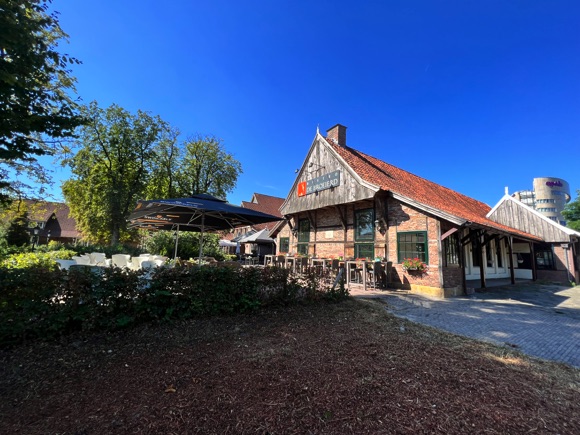

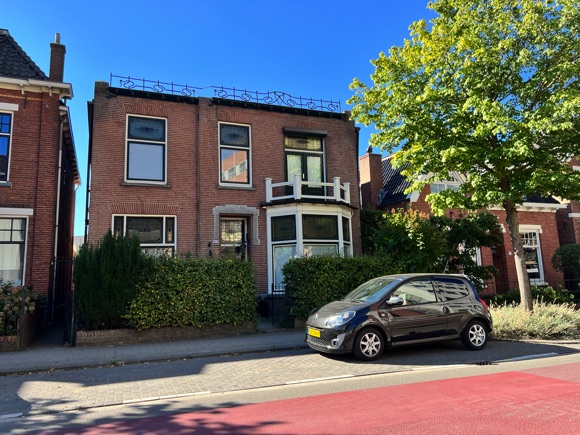

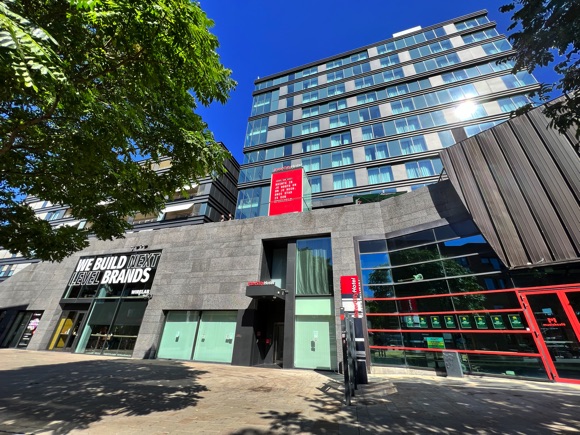


Visit Enschede has a database of accommodation options.
Near the stadium, around the university, rural Fletcher Hotel – De Broeierd Enschede encourages cycle tourism and hiking around the nearby wetlands with various package deals. For pre- and post-match dining, book a table in the restaurant. Also walkable, just, from the stadium, the on-campus, contemporary U Parkhotel contains 72 smart rooms, superior panoramic ones with rain showers.
Part of the Germany-wide chain that provides affordable stays by train stations, the InterCityHotel Enschede aptly stands beside Stationsplein. As across the border, a free local transport ticket is provided for the length of your stay. Rooms, all 126 of them, are compact but well furnished, with flat-screen TVs and tea- and coffee-making facilities.
Of the several lodging options near the university quarter in town, Emma’s B&B on Emmastraat comprises two comfortable apartments. Slightly closer to the centre, the B&B Oekepoek (+31 6 502 65496) on Walstraat is more contemporary in style. Further along the same street, The Residence is even more chic, 17 luxury apartments, each with a balcony or roof terrace.
Amid this cluster of B&Bs, the ITC International Hotel is for local students and overnighting guests, though it may be worth enquiring for availability out of term time.






















